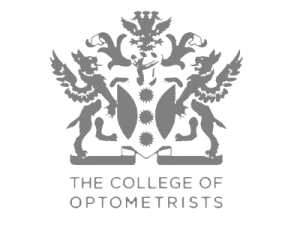Cell transplants to restore the sight of blind people could start within a decade, according to researchers who have successfully implanted light-sensitive cells into mice.
The first successful transplantation of photoreceptors — the nerve cells which line the back of the eye —marks a major advance in efforts to repair the visual system. The research could have a significant impact on many currently untreatable eye conditions such as age-related macular degeneration and retinitis pigmentosa. Macular degeneration accounts for more blindness in the developed world than all other eye diseases combined. The successful treatment of blind mice comes in the wake of many attempts to repair a damaged retina, notably by the use of stem cells, immature cells capable of developing into other types. Barbara McLaughlan, of the Royal National Institute of the Blind, said: “This is exciting news but it is important not to raise the hopes of people who have lost their sight until the results of human trials become available.”












